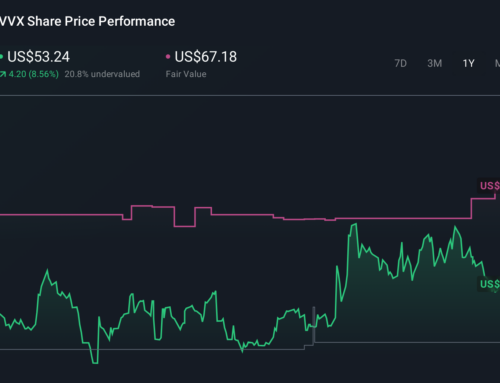Venture Capital Secondary Market Booms as IPOs Stagnate
April 28, 2025
With public listings on hold, venture capitalists are reportedly turning to the secondary market.
As Bloomberg News reported Monday (April 28), this market — a venue for buying or selling shares in private companies — has been around for decades, but has boomed in recent years.
Roughly $122 billion in assets are expected to pass through the secondary market in 2025, compared to $25 billion in 2012, the report said, citing data from venture capital (VC) firm Industry Ventures.
According to the report, the secondary market was once considered a costly, last-resort option for investors scrambling to sell off stakes. Now, it has essential become a feature of VC investing, the Bloomberg report said.
Sam Lawson, a founding partner at Flywheel Capital, told Bloomberg that the notion of buyers on the secondary market being mostly distressed asset investors is outdated. However, the report added, the market is still an opaque, mostly unregulated, and thus risky place.
The report notes that because private companies are subject to far fewer disclosure requirements than their publicly-traded counterparts, secondary buyers have limited access to information on a business’ financial performance.
These investors may not have a complete grasp on obstacles or fundraising plans that could affect that company’s valuation, which can make agreeing on the price of a secondary market sale a long and tricky process.
However, the report added, the urge to enter this market is being driven in part by President Donald Trump’s tariffs, which have rocked financial markets and led companies like pay-later provider Klarna and ticket seller StubHub to halt their initial public offering (IPO) plans.
And even before the tariffs, the IPO market was struggling, the report added. IPOs raised $164 billion last year, down from a peak of $641 billion three years earlier.
“We’re expecting our secondaries team to become increasingly active, as the secondary market remains one of the few viable paths to liquidity,” Mitchell Green, chief executive of Lead Edge Capital, told Bloomberg.
Examining this issue in a conversation with PYMNTS earlier this month, QED Investors’ Amias Gerety said that companies like Klarna and fellow FinTech Chime, each sizable enterprises with revenues in the billions, now face diminished opportunities to land additional funding.
“These are big, real companies,” Gerety said, “but can they be aggressive right now? No. Everyone’s sitting on their hands and saying, ‘Let’s wait and see.’”
Search
RECENT PRESS RELEASES
Related Post




